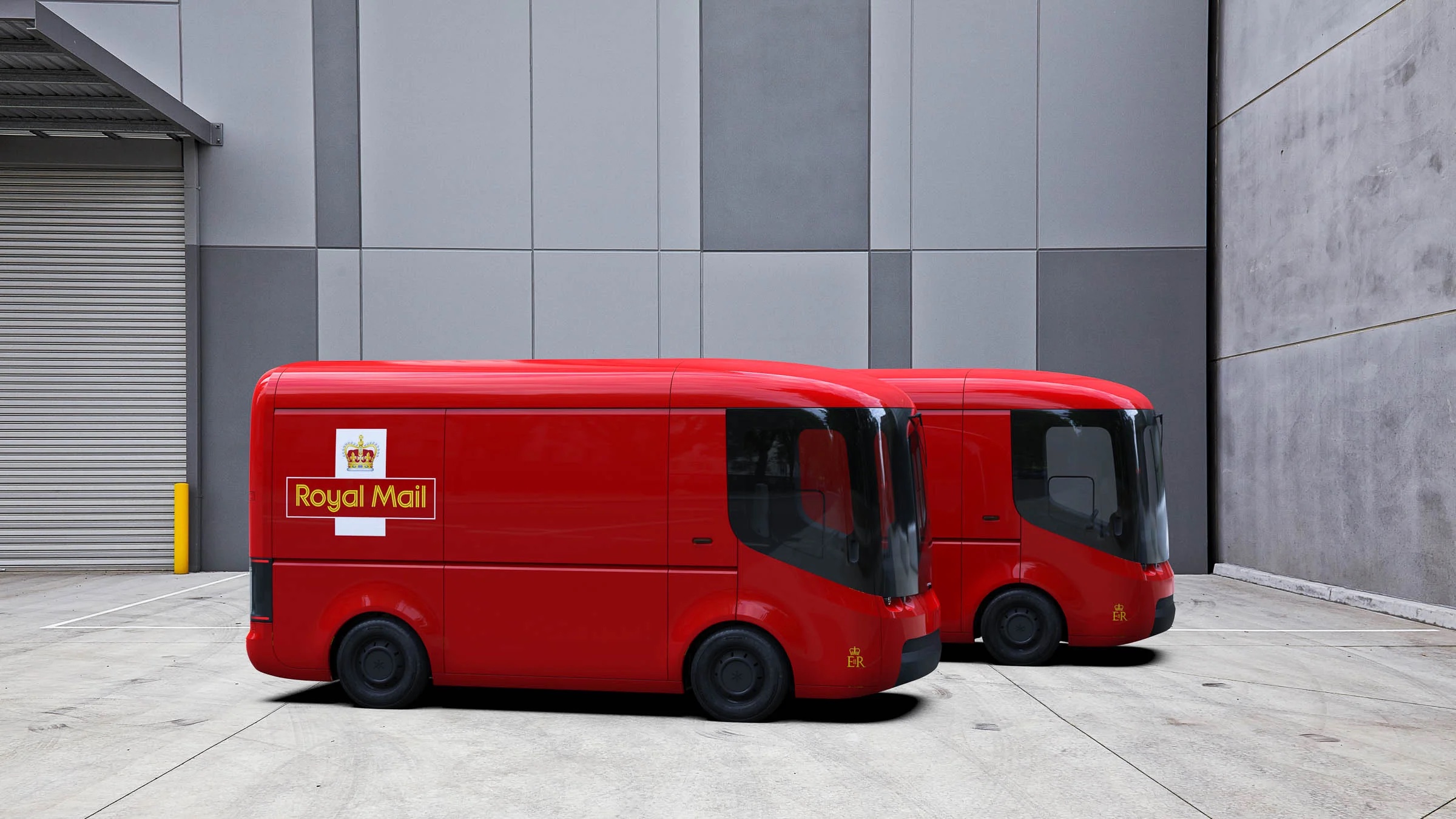The search for the perfect egg to fry with bacon and tomatoes brought us to a local farm shop. What an egg! But there is a conflict with our environmental concerns.
The farm shop is about 3 miles away from where we live. On a good day it is walkable which is very enjoyable because some of the journey takes us through a countryside full of wildlife activity. But when the weather has taken a turn for the worse a hop in the car is required which is bad for the environment. The farmer can deliver to the village but a minimum order is required and they only deliver once a week. If our perfect fry up has a future then a new way needs to be developed to transport local produce at minimal carbon footprint.
One day puzzling over this problem my concentration was broken by the sound of letters coming through our letter box. Light bulb moment! The Royal Mail deliverers parcels and letters to every house in the area once a day and when a parcel is posted to a local address it is delivered directly which minimises its carbon footprint. To meet our demand of delivering local eggs its range of services will need to be expanded.
We like to try and buy from independent shops but their produce can arrive in a mishmash of delivery vans and some days it starts to feel like aeroplanes stacking up waiting to land. A system needs to be developed where one van, preferably the Royal Mail, brings all of the goods to the doorstep once a day. If such as system existed then there would be a significant reduction in our carbon footprint as well as everybody else’s.
What is missing in the current economic equation is the cost to the environment from the carbon footprint of products as they are moved around the country. This is a major problem and some form of government intervention is required to ensure that the true cost is reflected in the price of products. The government has two levers to change the way that we consume products: legislation in the shape of laws, and taxation. New legislation can take many years to come into force for example the The Climate Change Act 2008 took over 8 years from a report produced by the Royal Commission on Environmental Pollution. But even if a law was in place it can be violated such as the VW emissions scandal. Therefore legislation can take too long and is open to abuse whereas a carbon tax based on the miles travelled by products would reduce our environmental impact. If a carbon tax was in place then economic activity would be brought back to local, rather than national and global businesses, making it fairer and strengthen independent producers. A carbon tax would discourage local farmers from sending their milk tens of miles to a major city for processing and then travel tens of miles back to end up on our doorstep. Another advantage of a carbon tax is that it would disrupt the normal economic activity which would encourage entrepreneurs to develop new ways of producing and delivering goods.
The Royal Mail is in a good position to develop this once-per-day delivery service. They already deliver daily to every household in the country which could be the basis for additional services. There are encouraging signs that they are adapting with the new parcel pick-up service and investments in electric delivery vehicles. But their services need to be developed further with new logistics systems that could deliver my eggs and other perishable goods from anywhere in the UK. If such a logistic systems was in place future developments would be possible such as using automated vehicles. Imagine a Royal Mail van arriving at a farm and automatically picking up eggs and milk as part of its delivery round.
The Royal Mail has pioneered changes to the way that we live such as the introduction of uniform postage rates with the Penny Black in 1839. The stamp revolutionised communication by making it affordable for people to send letters, confident that they would remain private and arrive safely. With a carbon tax in place, its next stage of development could have a greater impact on the way that we live. One day we maybe able to get our fresh eggs along with other parcels and be safe in the knowledge that our carbon footprint has been significantly reduced.
